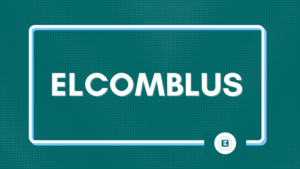Wikang Filipino Sa Panahon ng mga Amerikano at Hapones
Hindi nagkaroon ng katuparan ang pangarap ng mga Pilipino na magkaroon ng sariling wikang gagamitin sa pakikipagkomunikasyon noong panahon ng Espanyol. Ito marahil ang dahilan kung bakit hindi rin nagtagumpay…
